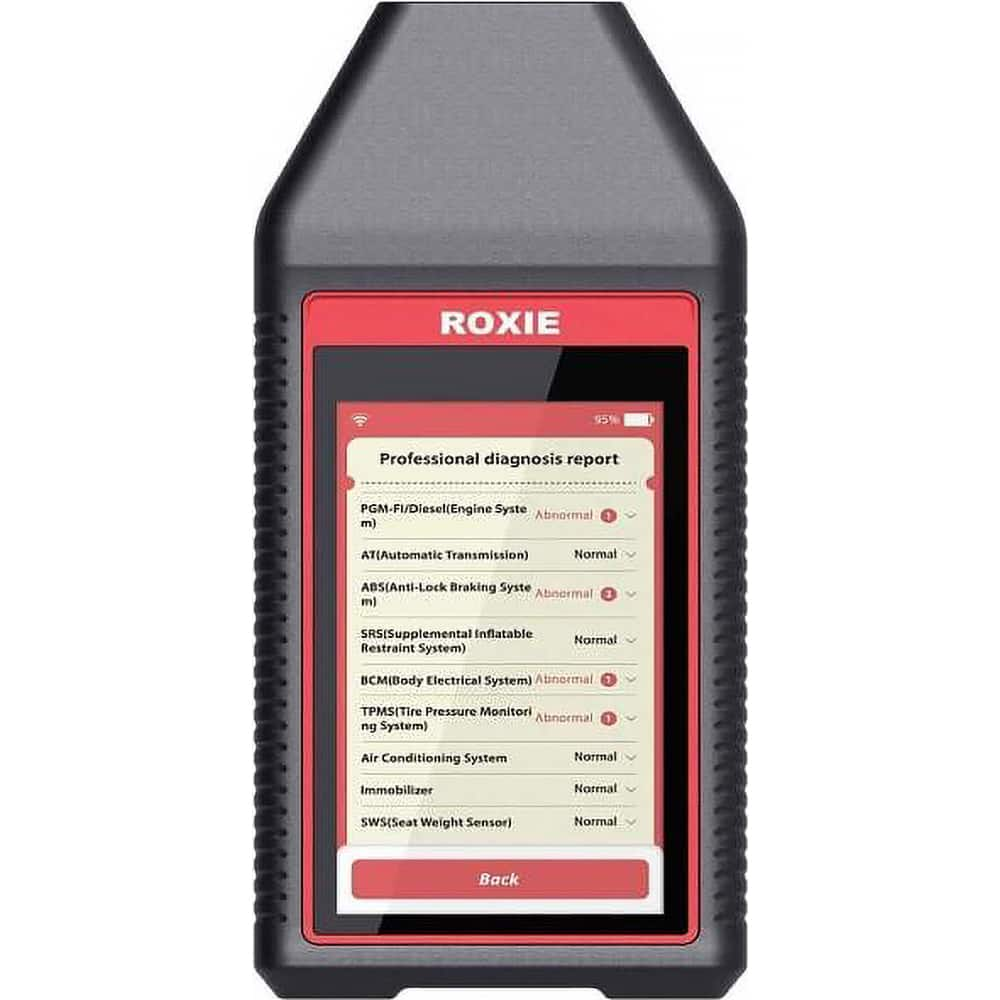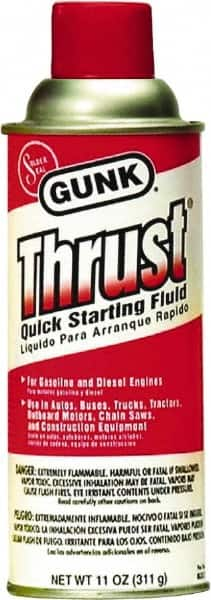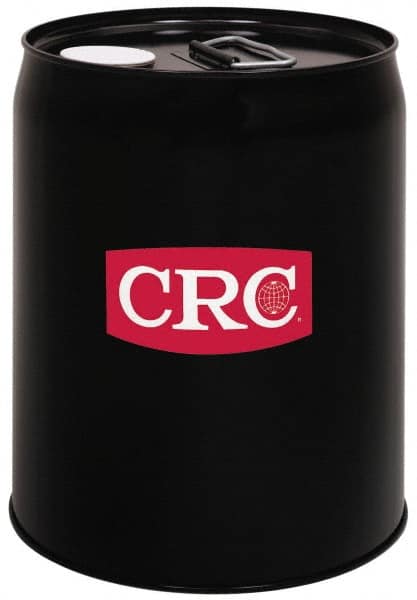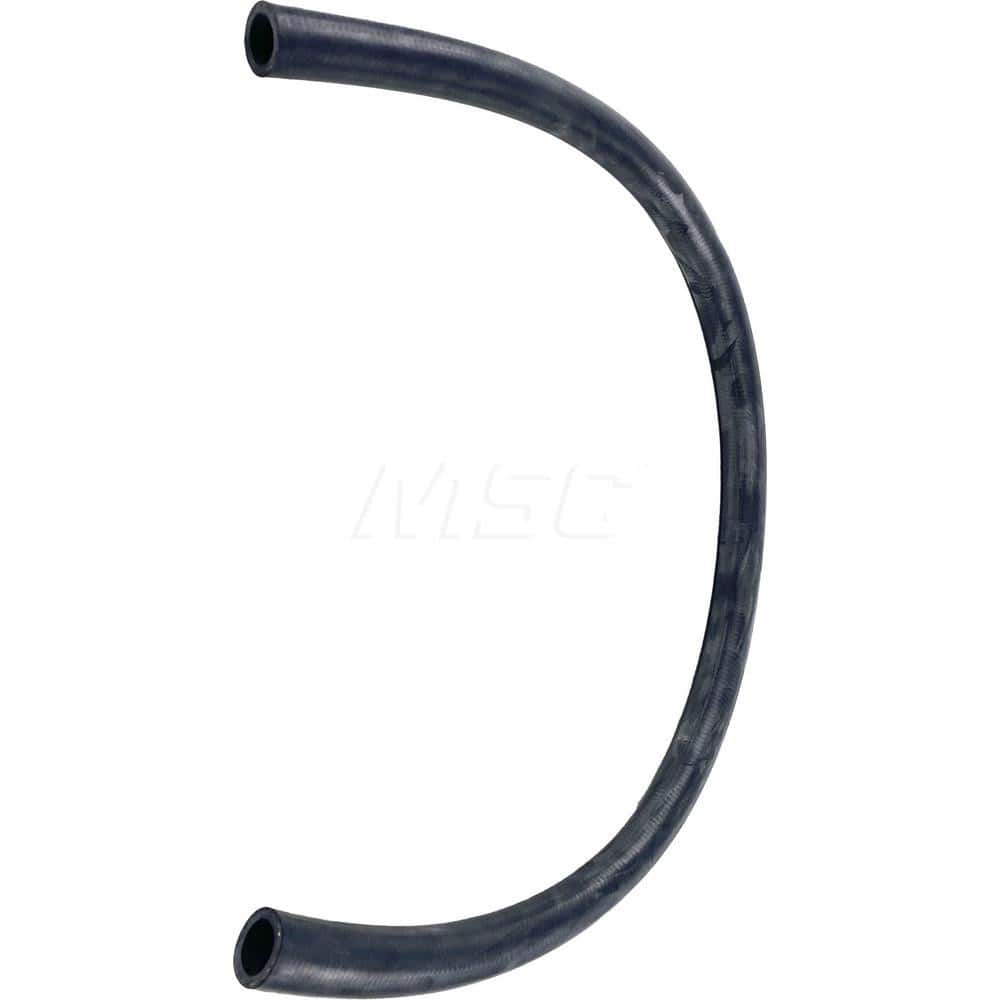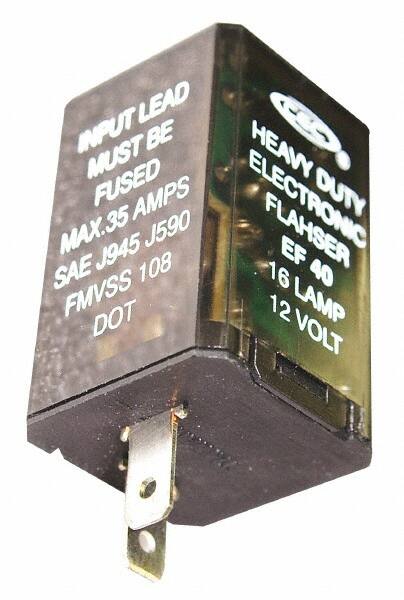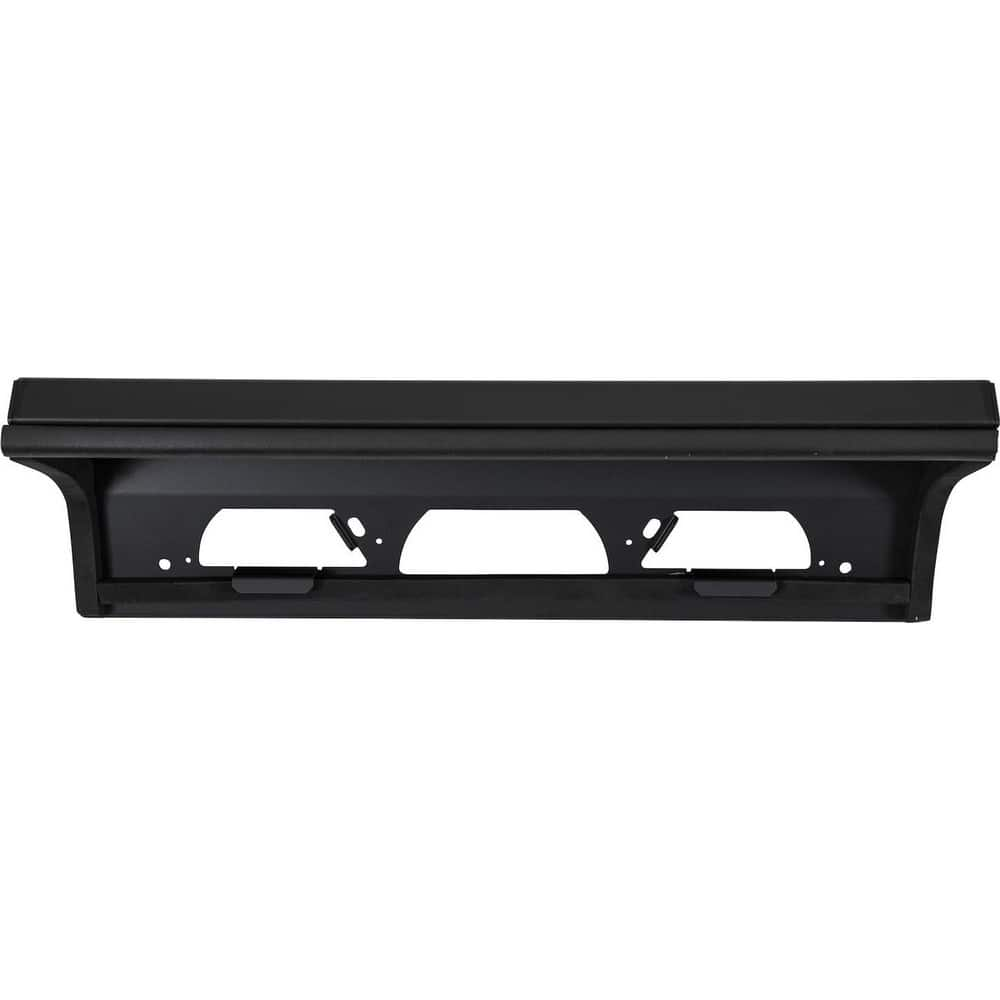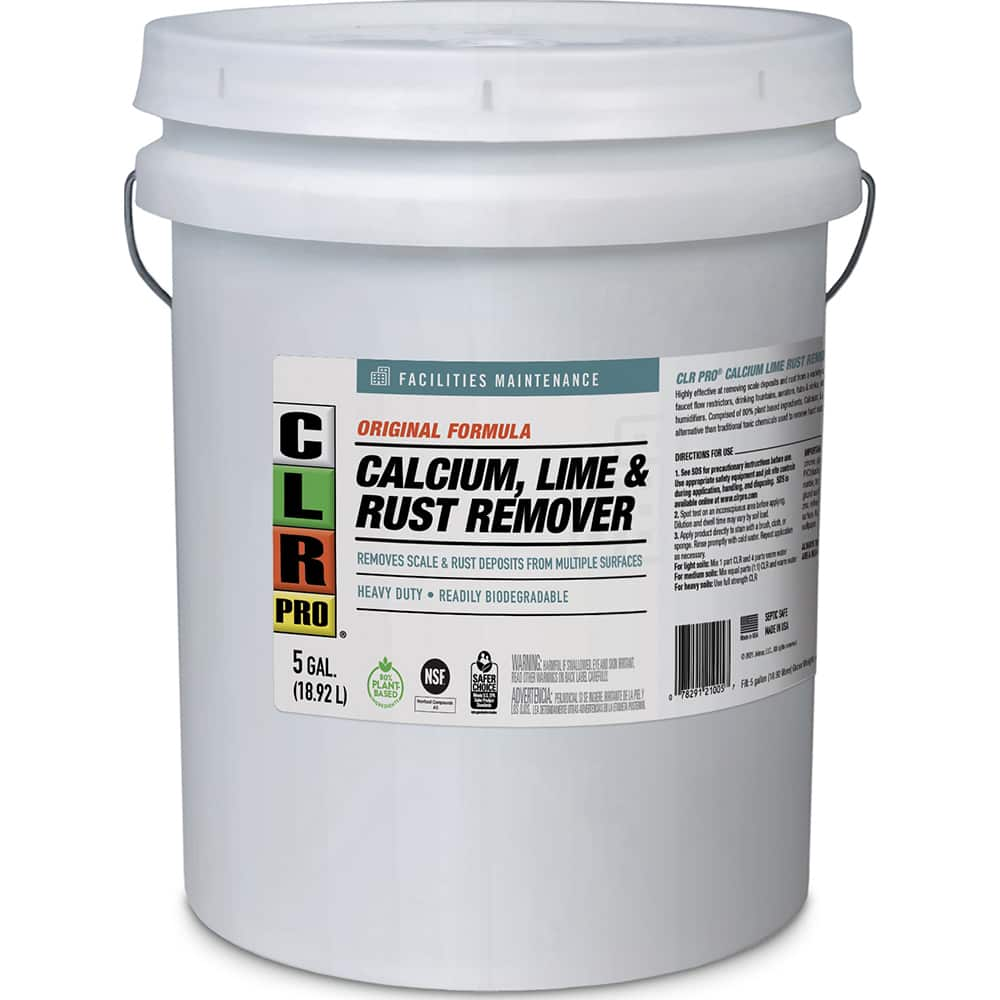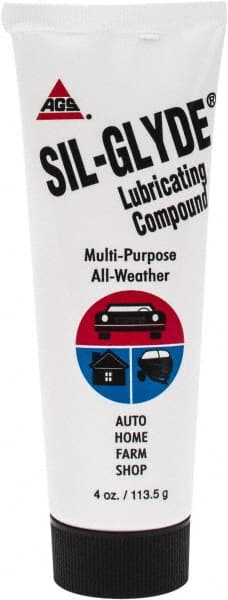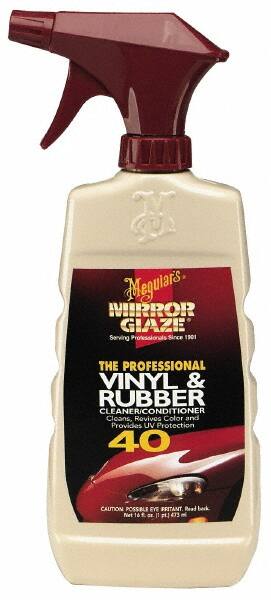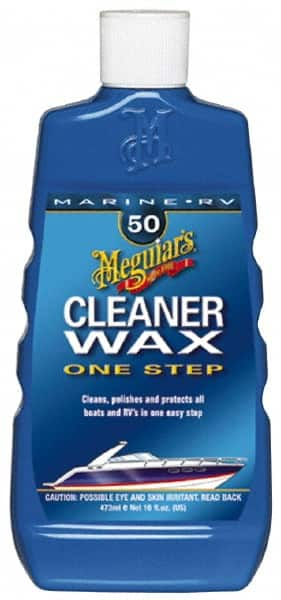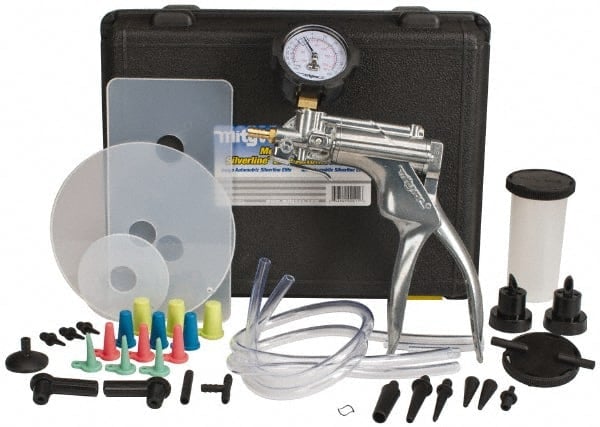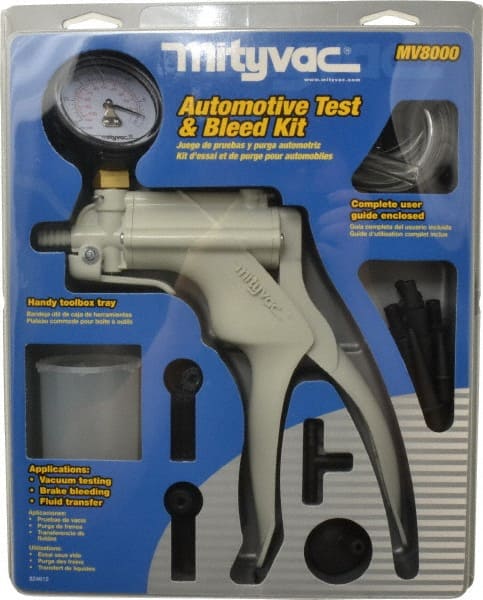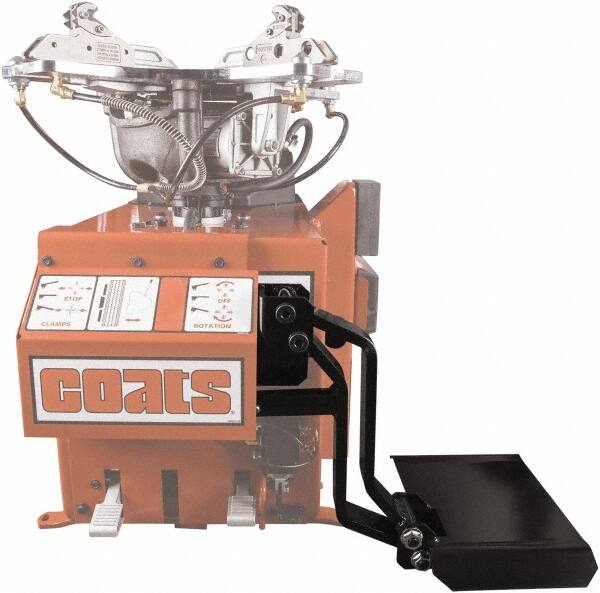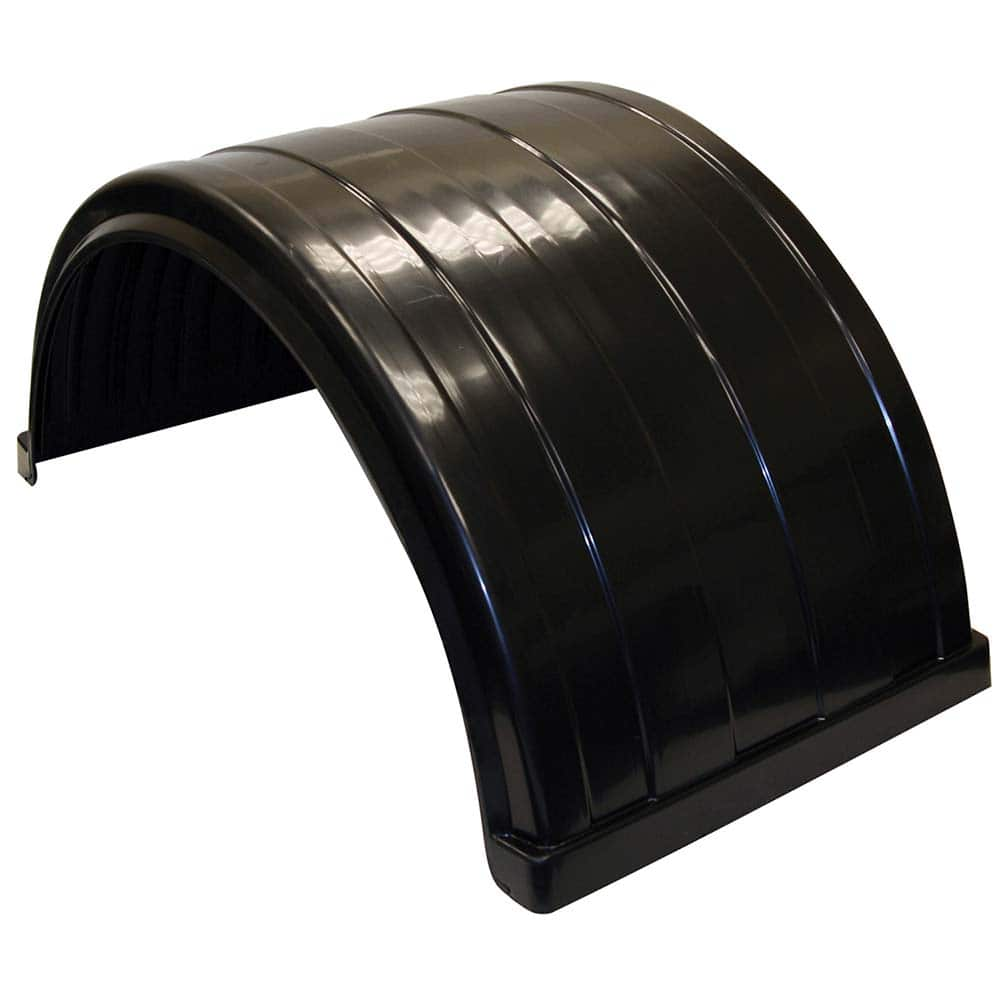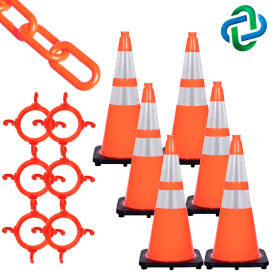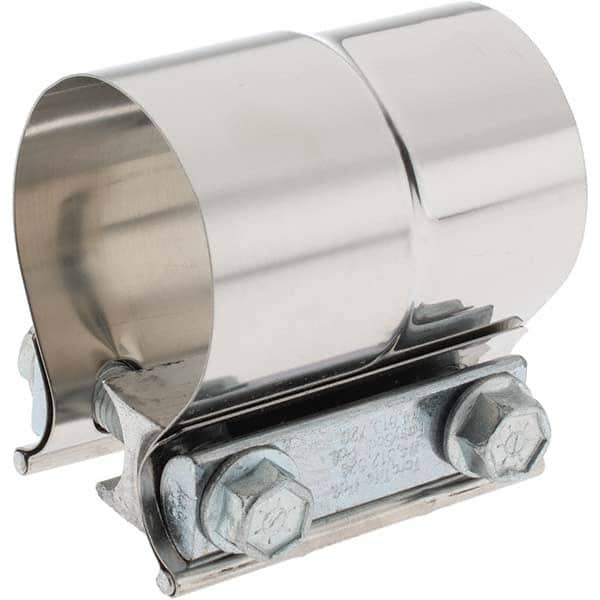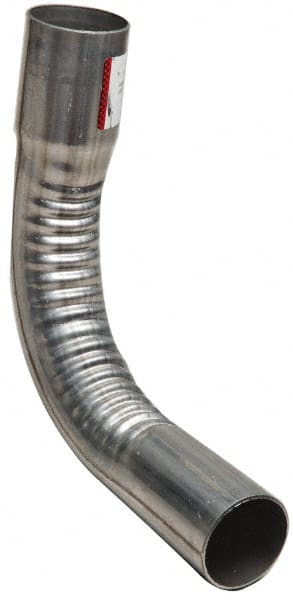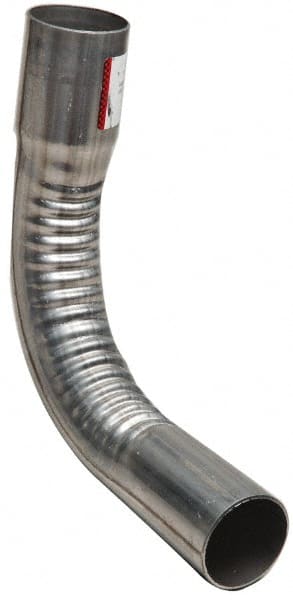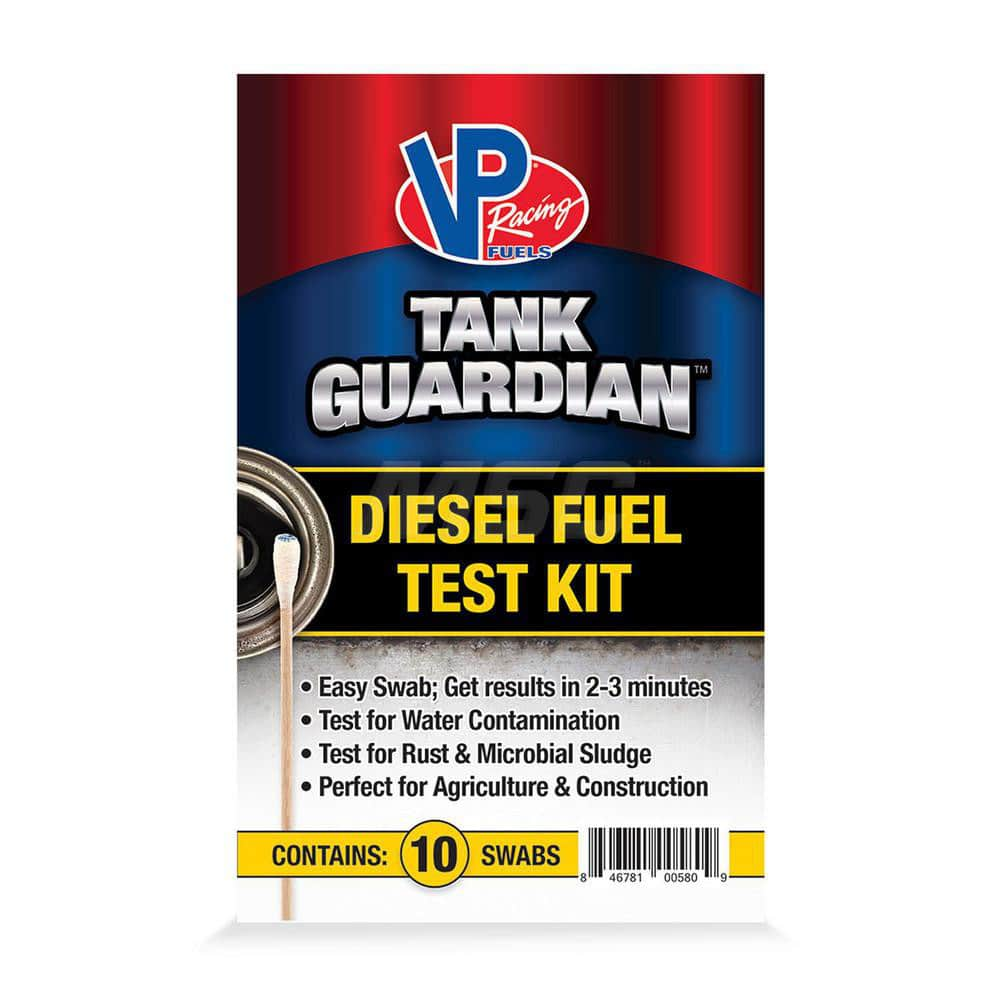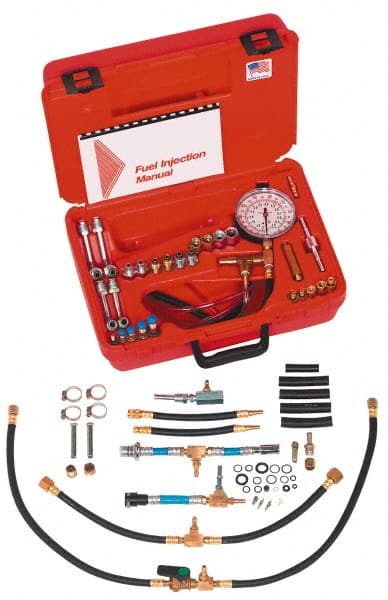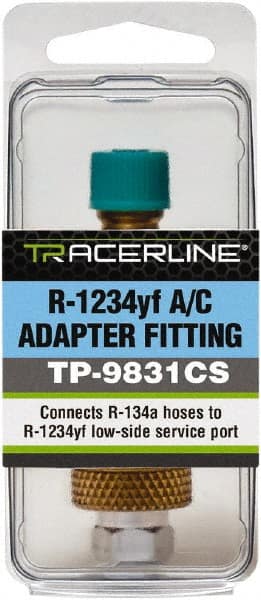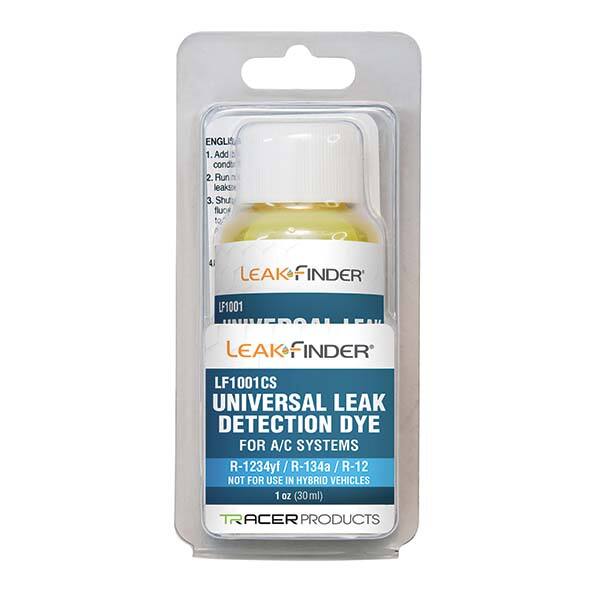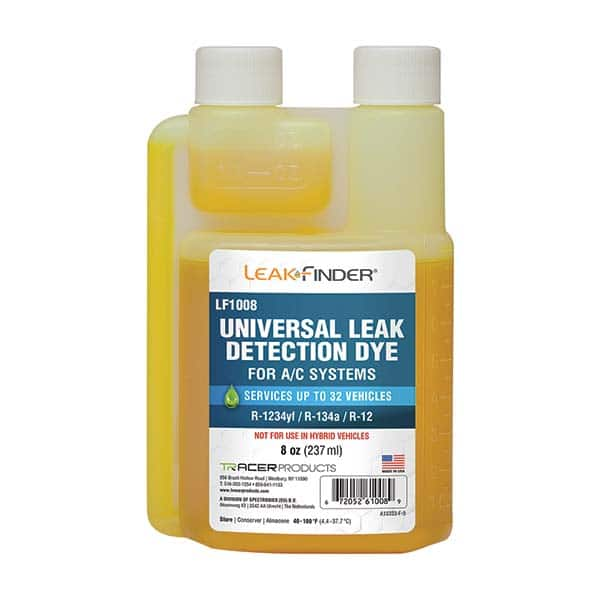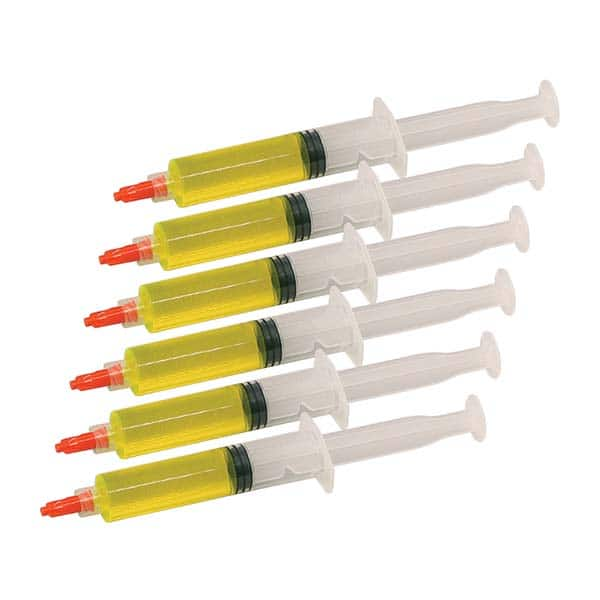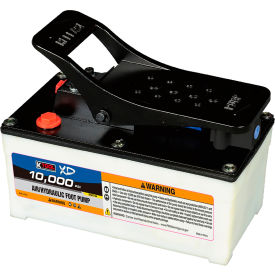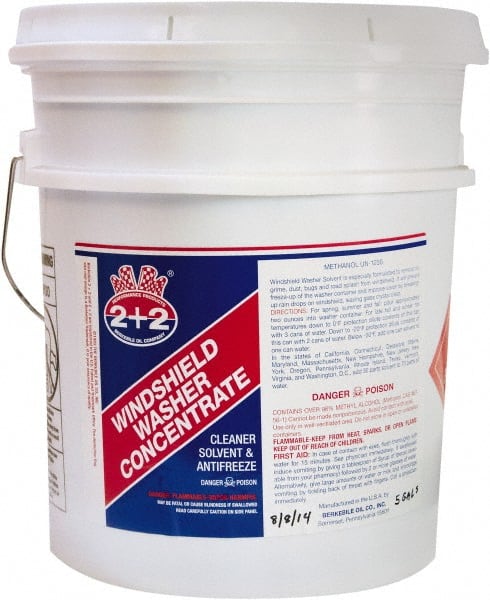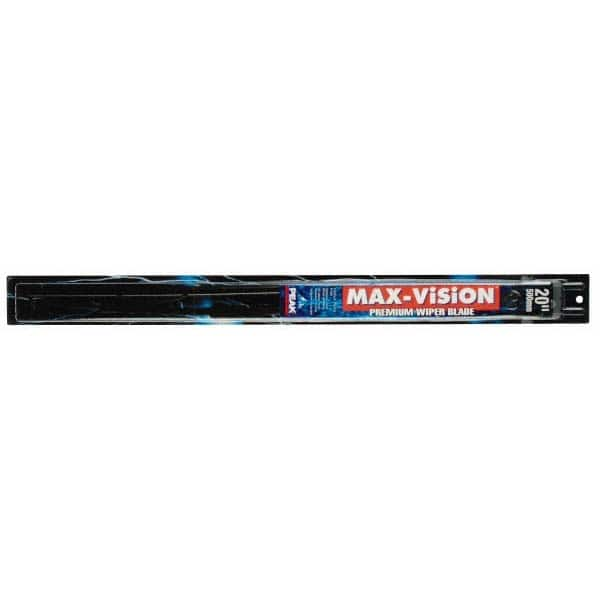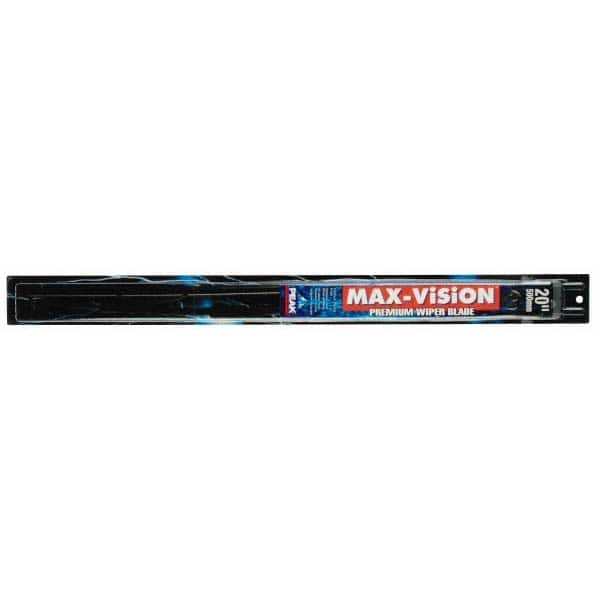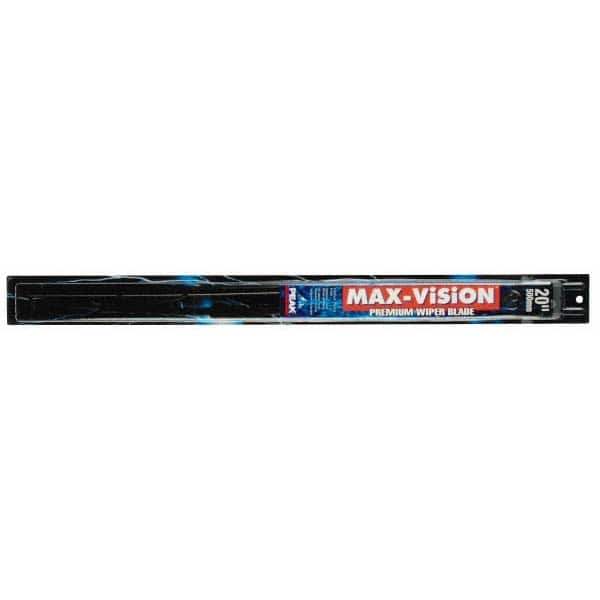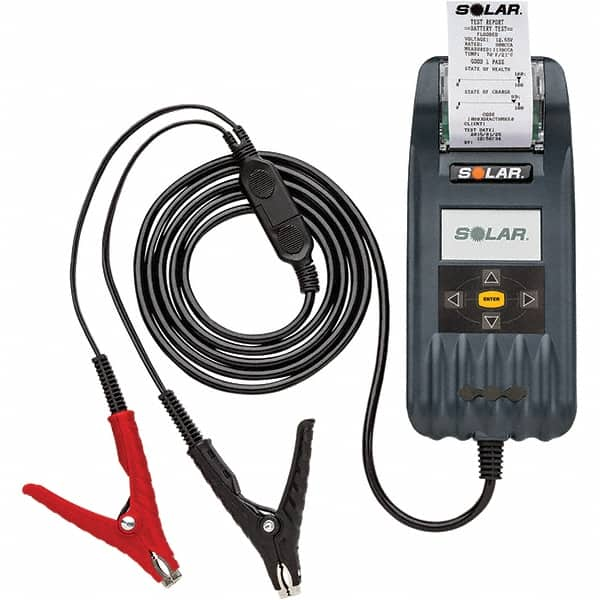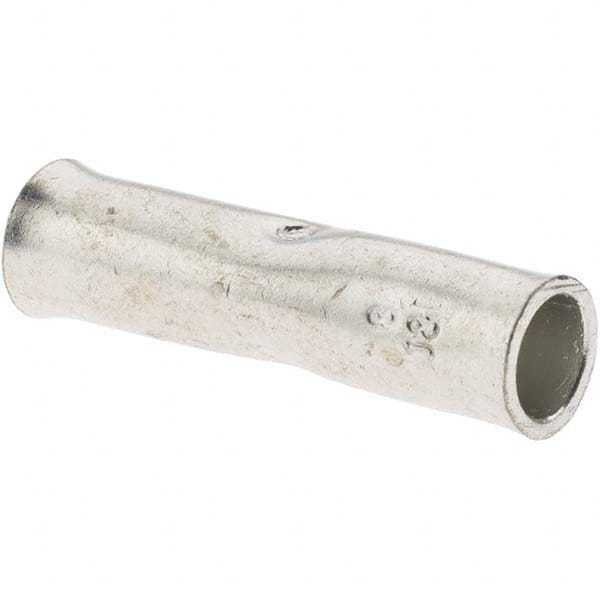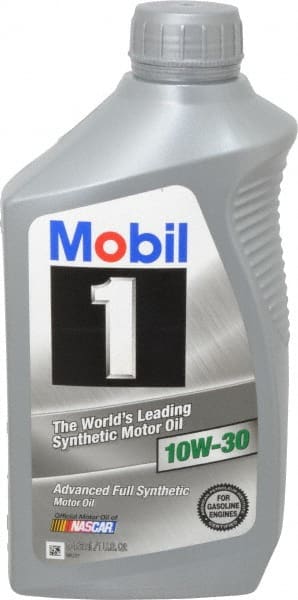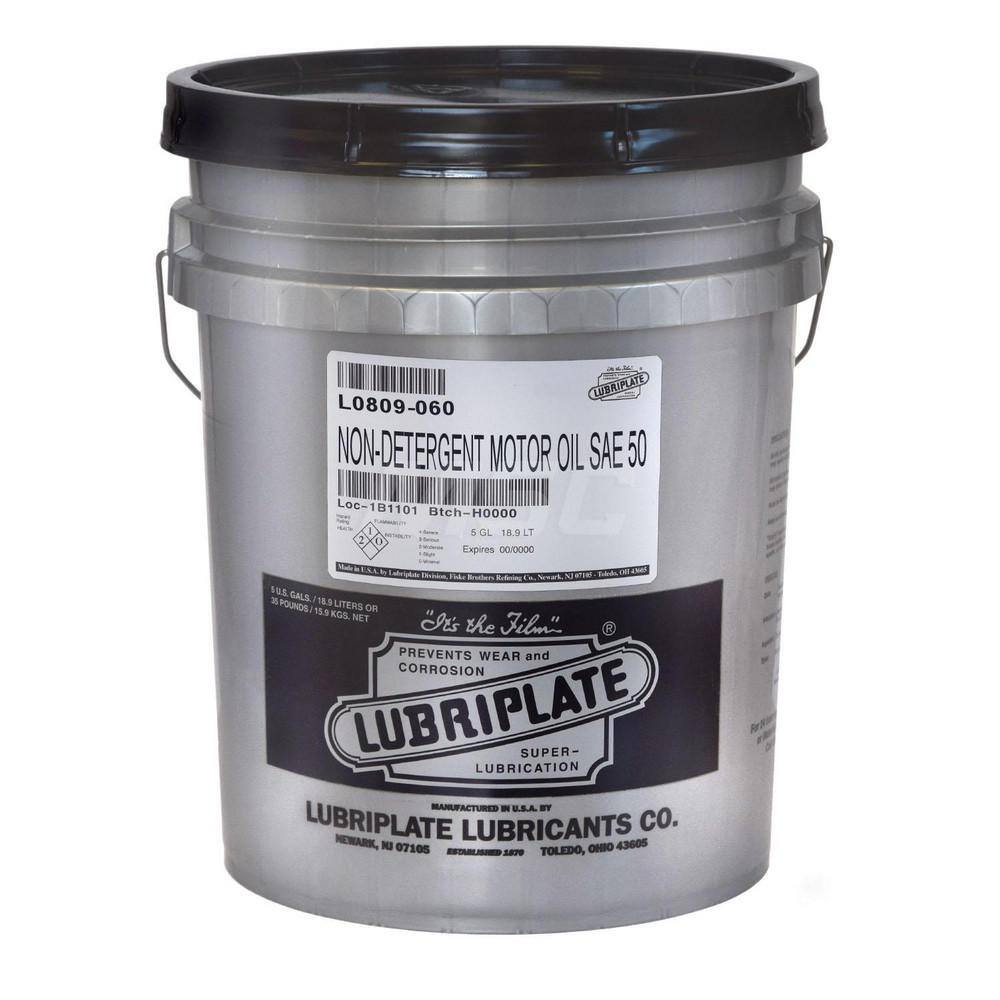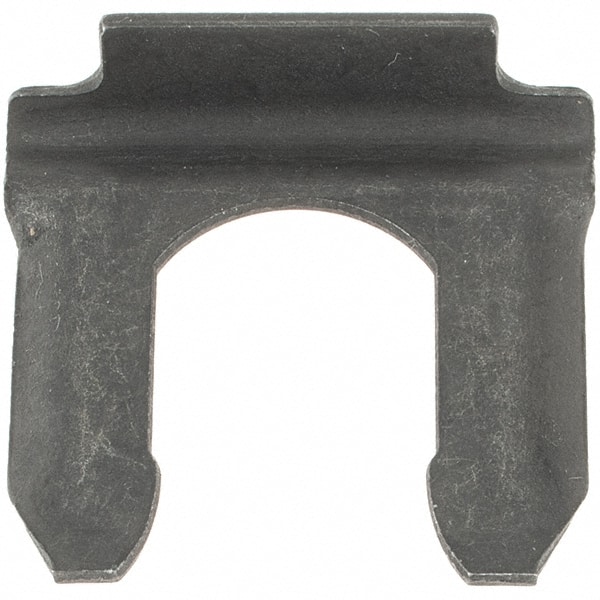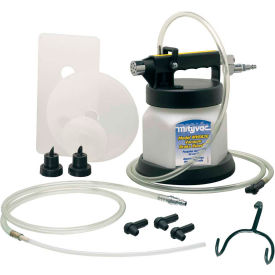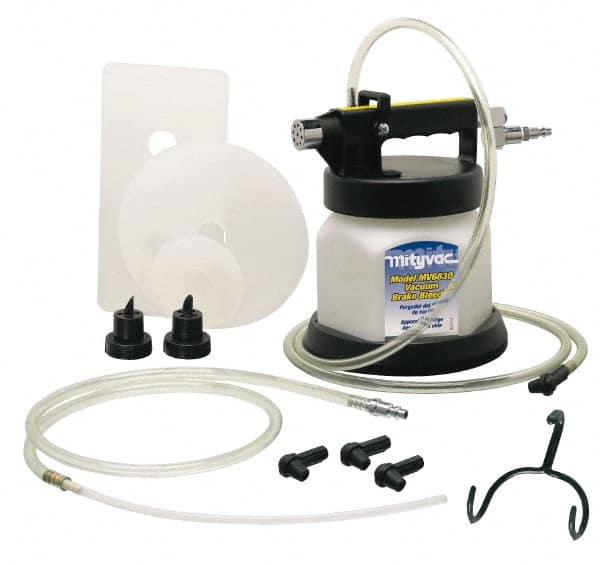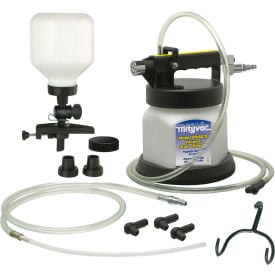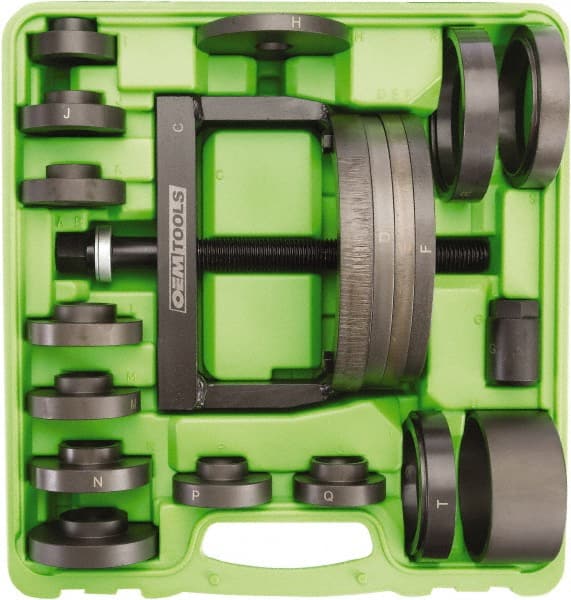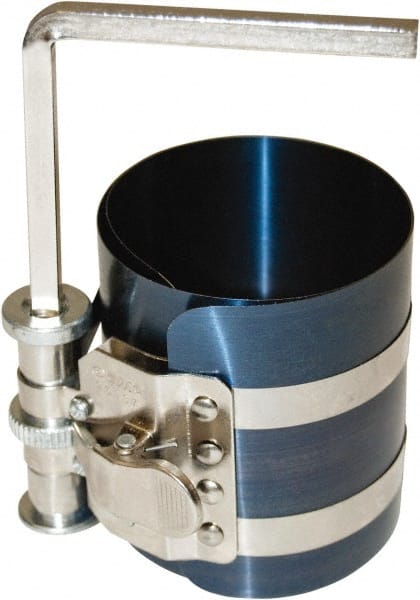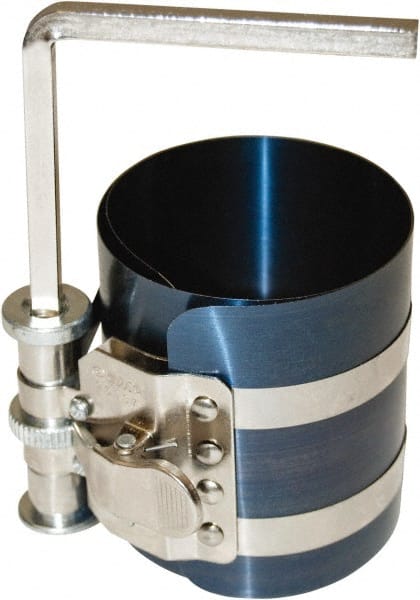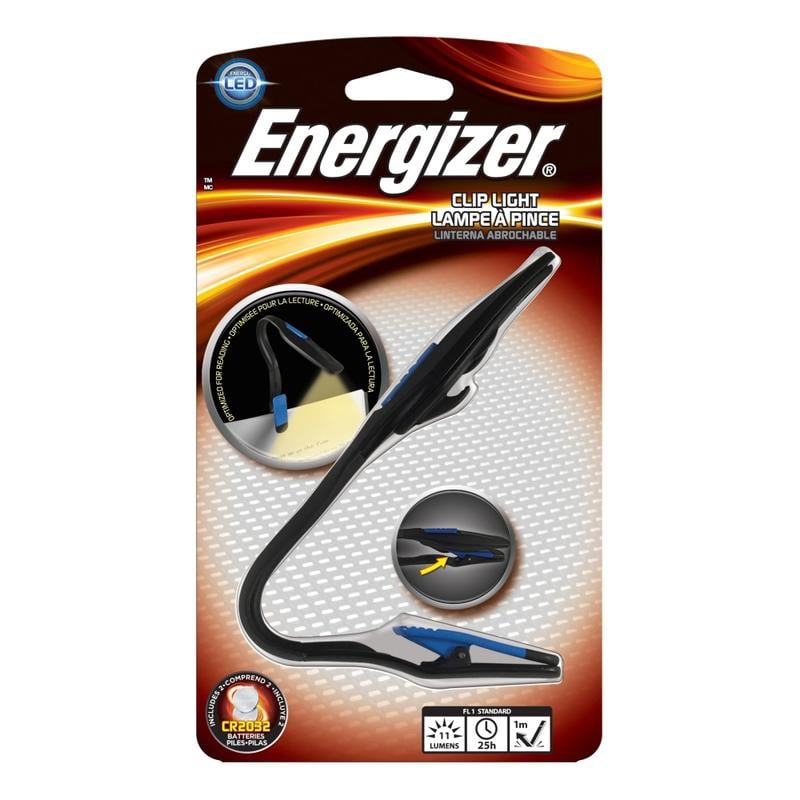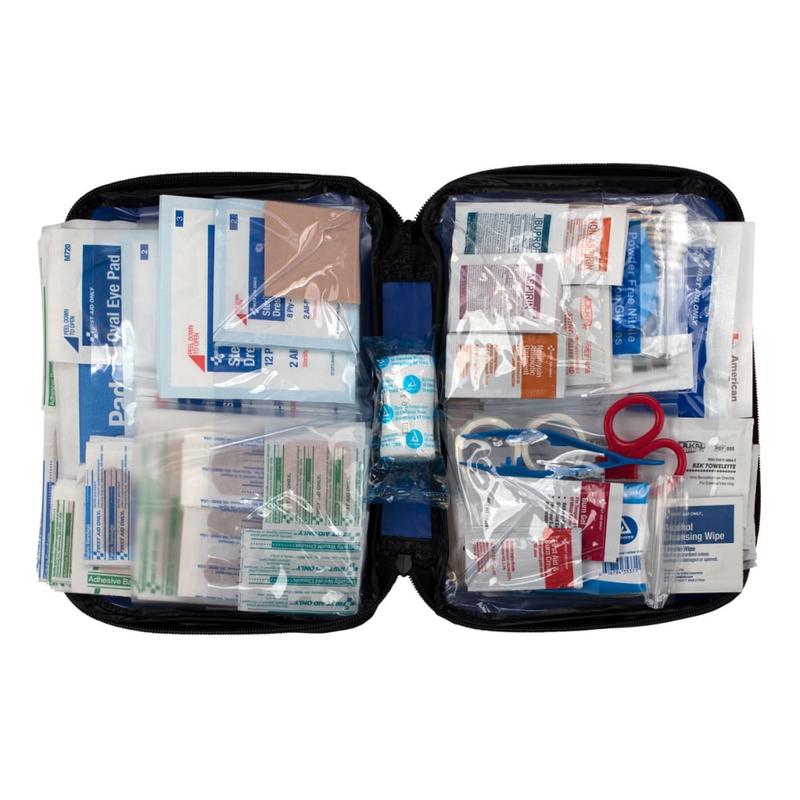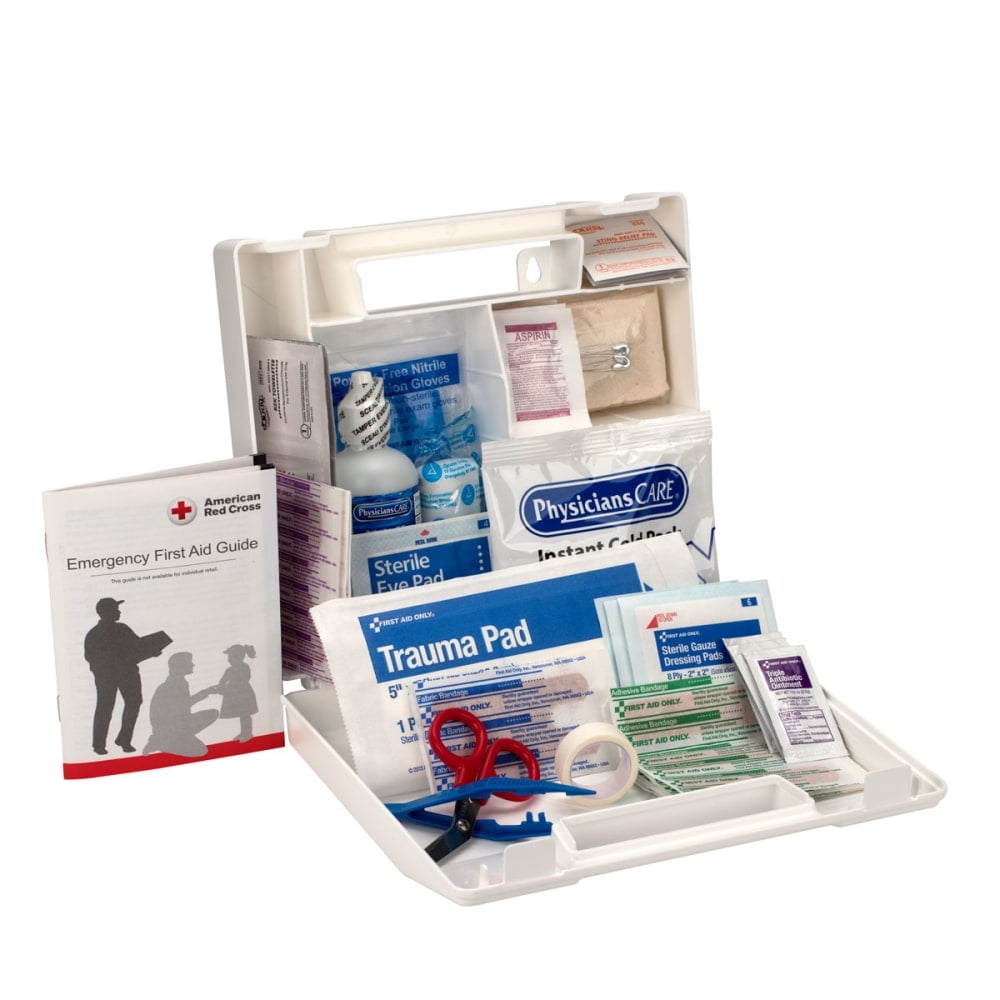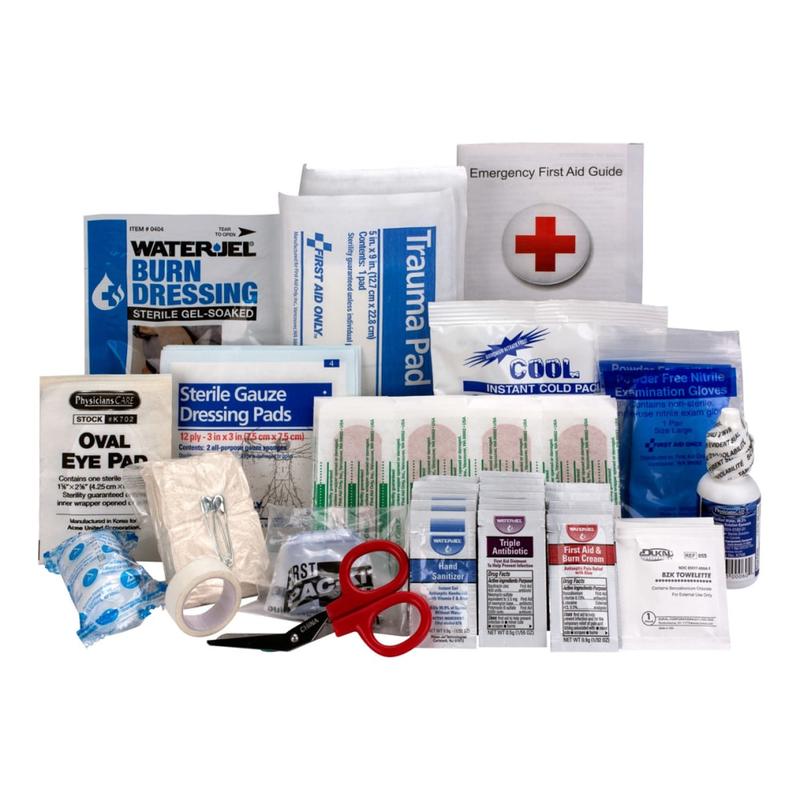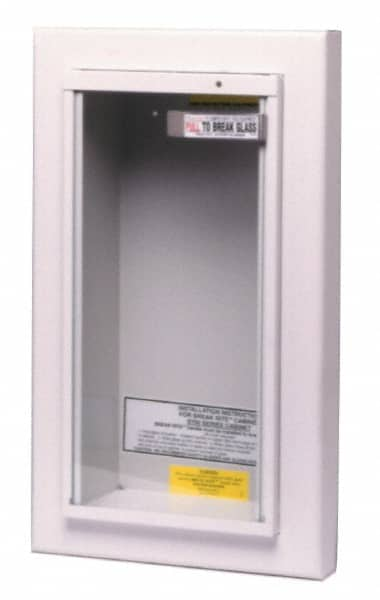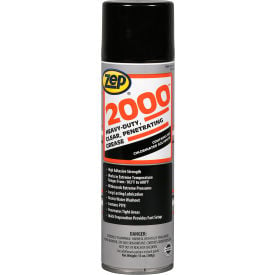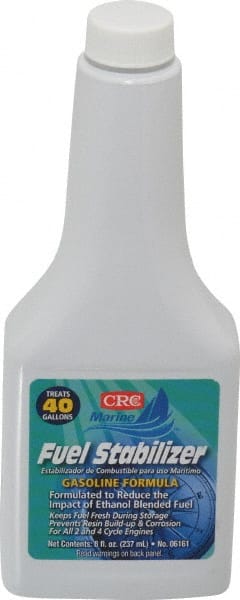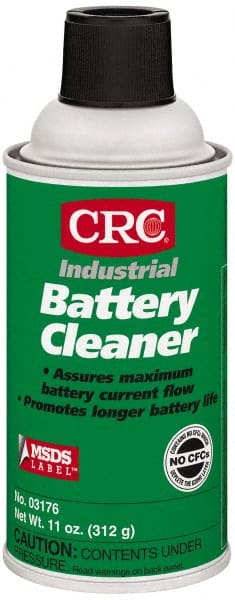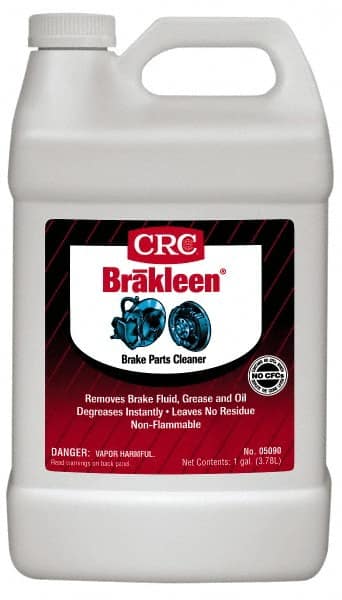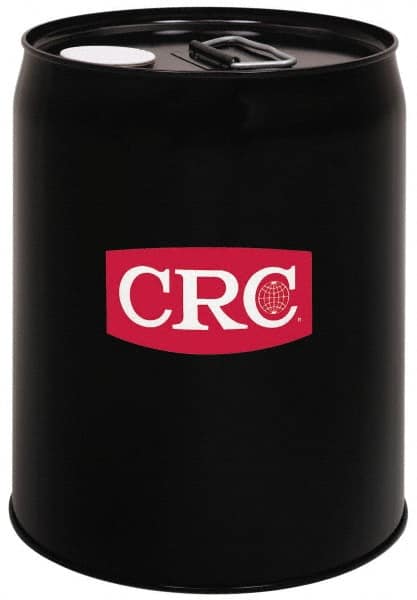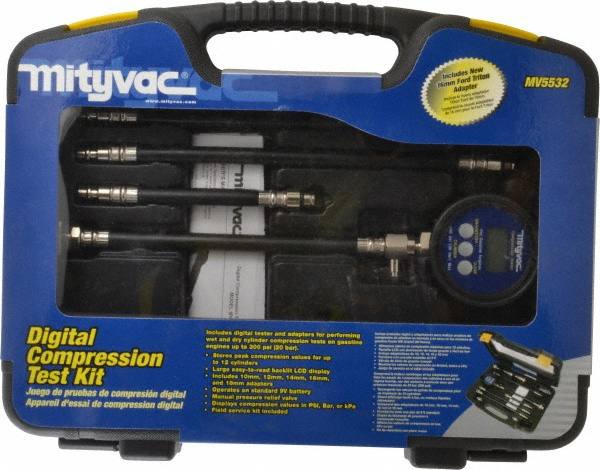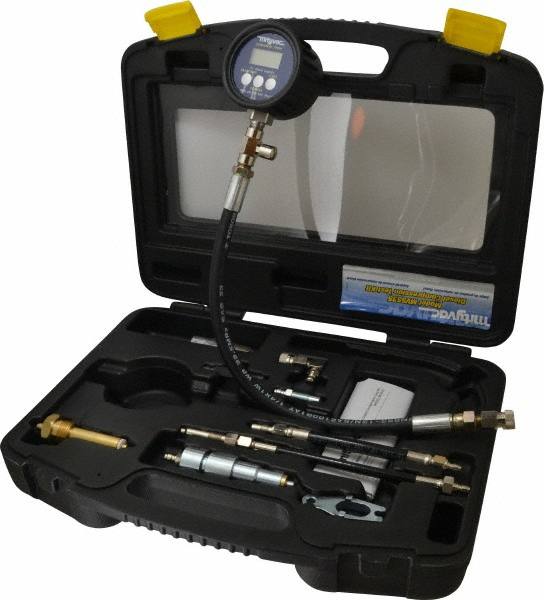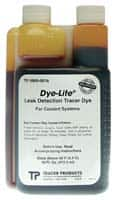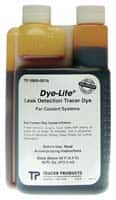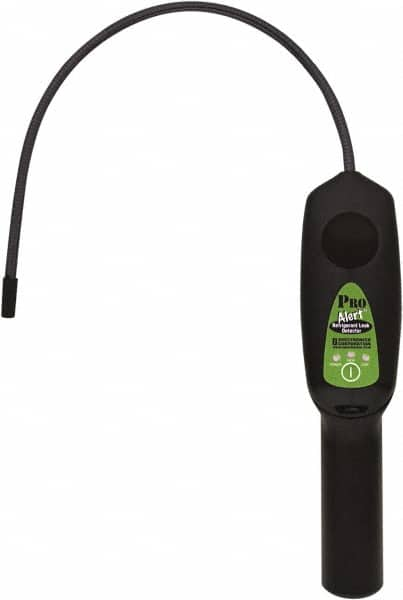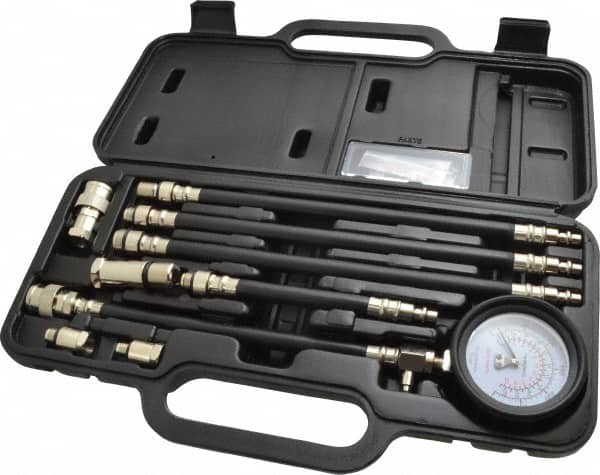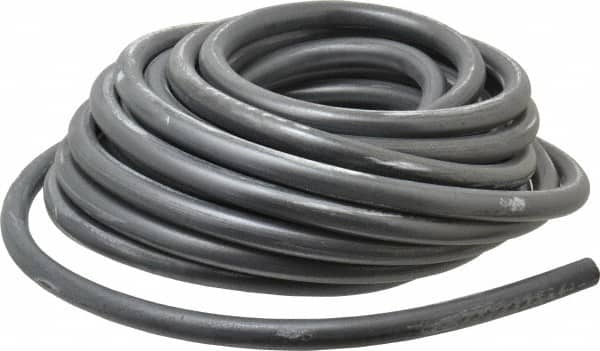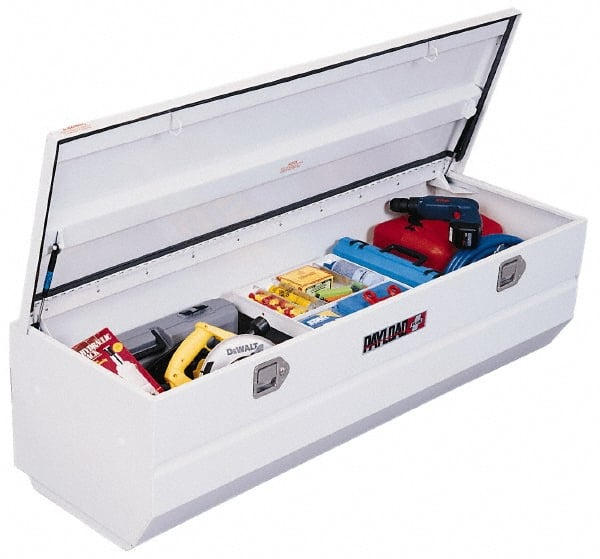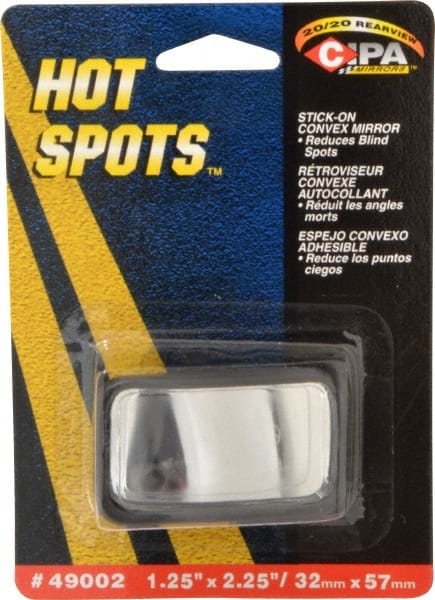Why Government Agencies Need a Comprehensive Fleet Maintenance Procurement Program
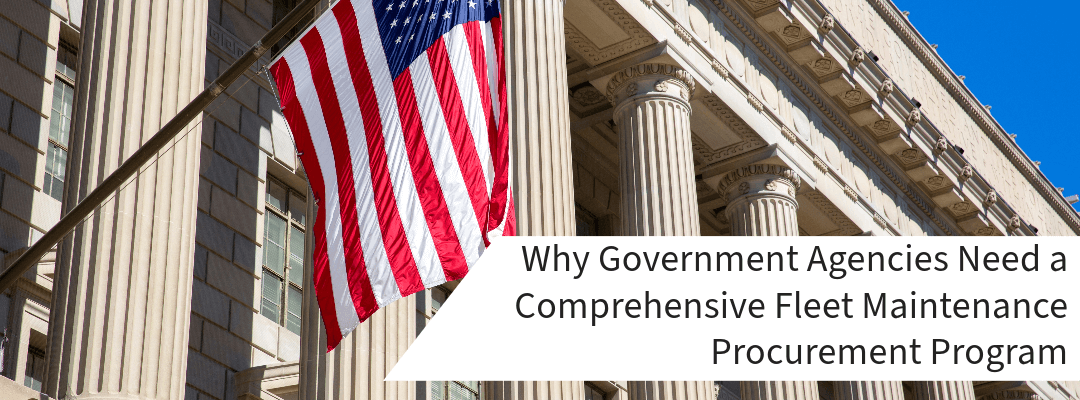
Introduction
Fleet maintenance is an operational cornerstone for government agencies. With a plethora of vehicles under their wing, agencies require a seamless and organized system to ensure that their fleets are well-maintained, well-stocked, and ready for anything that comes their way. The significance of fleet maintenance cannot be understated for public services. Whether it's a police force in New York City or the sanitation department in Miami, the operational efficiency of these essential services often hinges on the state of their vehicles. This blog post explores why it's vital for government agencies to have a Fleet Maintenance Procurement Program and a trusted supplier for this endeavor.
The Importance of Fleet Maintenance for Government Agencies
Cost-Efficiency
An adequately maintained fleet is an economically efficient one. Consider the ramifications of a poorly maintained police vehicle breaking down amid a high-speed chase. Not only does this endanger lives, but it also accrues unforeseen costs for repairs, often exceeding regular maintenance costs.
Operational Readiness
For agencies such as fire departments or emergency services, the vehicle's state can be the difference between life and death. Properly maintained vehicles are operationally ready and can be deployed at a moment’s notice.
Compliance
Vehicle fleets need to comply with various local, state, and federal laws. Regular maintenance ensures that all vehicles meet these stringent standards.
Public Trust
A reliable fleet directly correlates with public trust. Seeing well-maintained vehicles in action solidifies the belief that the government agency is reliable and committed to its civic duties.
Top 25 Use-Cases for Fleet Maintenance in Municipalities
Introduction
New York and Miami stand as perfect examples of the diverse range of challenges that municipalities face when it comes to fleet maintenance. From the blizzards of the Big Apple to the hurricanes that sweep through the Sunshine State, each municipality has unique fleet maintenance demands that are crucial to public safety and operational efficiency. At GoVets, we provide an exhaustive range of Fleet Maintenance supplies designed to meet the diverse needs of government agencies, whether you’re dealing with snowfall in Syracuse or heatwaves in Houston. Below are 25 crucial use-cases that reflect the broad spectrum of needs in municipalities like New York City, Miami, and others across the nation.
New York City
1. Police Patrols
Ensuring police cruisers and specialized vehicles like SWAT trucks are in top-notch condition for patrolling streets and responding to emergencies.
2. Public Transit
Regular maintenance of buses, subway cars, and other public transit vehicles to ensure the system runs smoothly.
3. Waste Management
Garbage trucks require routine servicing to prevent breakdowns and to manage waste effectively.
4. Road Repair
Maintenance trucks equipped for quick road repairs, like pothole filling, are vital to keep traffic flowing.
5. Ambulance and Medical Services
Ensuring that all ambulances are ready to save lives without equipment failure.
6. Fire Departments
Maintenance of fire trucks and other related vehicles for emergency response.
7. Construction and Infrastructure
Vehicles used for construction projects, like cranes and diggers, also need periodic checks and maintenance.
8. Airport Vehicles
Vehicles at JFK and LaGuardia airports, like baggage carts and runway cleaners, must be maintained.
9. Parks and Recreation
Vehicles used in city parks, like mowing machines and maintenance carts, require routine upkeep.
10. Animal Control
Trucks used by animal control need to be in good condition to safely transport animals.
Miami
11. Emergency Response during Hurricanes
Preparation of emergency vehicles, including boats and trucks, is crucial during hurricane seasons.
12. Beach Patrols
Maintaining ATVs, lifeguard vehicles, and other specialized beach patrol units.
13. Public Transit
Miami's Metrorail and buses also require regular maintenance to ensure they operate efficiently.
14. Sanitation
Sanitation trucks in Miami need to be maintained for effective waste management, particularly due to the city’s high humidity.
15. Traffic Control
Maintenance of vehicles used by traffic control, including motorcycles and small utility trucks.
16. Water and Sewer Department
Regular servicing of vehicles used for water supply and sewer maintenance.
17. Harbor and Port Authority
Keeping boats, cranes, and other equipment at Miami’s busy port in operational condition.
18. School Buses
Ensuring school buses are safe and well-maintained is a priority for the city’s education system.
19. Utility Repairs
Utility vans and trucks used for electric, gas, and telecommunications repairs need routine maintenance.
20. Rescue and Lifesaving
Boats and helicopters used for ocean rescue missions must be at their operational best.
Additional Municipalities
21. Snow Removal in Northern Cities
Snowplows and salt trucks need to be ready for winter seasons, especially in northern regions.
22. Fire Departments in Forest Areas
Specialized fire trucks designed to combat forest fires in places like California require specialized maintenance.
23. Airports
Across the country, airport vehicles need specialized maintenance due to their unique operational requirements.
24. Water Supply in Drought-Prone Areas
Vehicles that transport water supply in drought-prone areas require particular attention.
25. Emergency Services in Rural Areas
Given the large coverage areas and difficult terrains, maintenance of emergency vehicles in rural areas is often unique and challenging.
Summary
Whether it's New York City with its diverse and expansive array of public services or Miami with its unique environmental challenges, fleet maintenance is a non-negotiable element in ensuring public safety and operational efficiency. With our extensive line of Fleet Maintenance supplies, GoVets is here to support municipalities in meeting these diverse needs effectively. From Police Patrols in the busy streets of Manhattan to Emergency Response in hurricane-prone Miami, we provide comprehensive solutions tailored to the unique challenges that each municipality faces. Being prepared is half the battle, and with proper fleet maintenance, government agencies are well-positioned to serve their communities better.
Top 25 Fleet Maintenance Categories Municipalities Need to Consider
Introduction
Government agencies need a well-structured fleet maintenance program to ensure smooth operational functionality. Understanding the key categories within fleet maintenance not only aids in better procurement but also helps in efficient inventory management. Here’s a list of the top 25 Fleet Maintenance categories that municipalities must have on their radar.
Categories
1. Automotive Diagnostics and Inspection
Regular vehicle check-ups are essential. Diagnostic tools can preemptively identify issues before they turn into major problems, helping to keep fleet vehicles on the road.
-
Launch Tech USASpecial Price $1261.79 Regular Price $2006.44This product is sold in increments of 1
-
Launch Tech USASpecial Price $769.49 Regular Price $1206.78This product is sold in increments of 1
-
Snap-OnSpecial Price $151.49 Regular Price $217.95This product is sold in increments of 1
-
Snap-OnSpecial Price $171.29 Regular Price $248.77This product is sold in increments of 1
2. Automotive Electrical
From batteries to alternators, the electrical components of a vehicle are crucial. Regular checks and quality parts are necessary for optimal performance.
-
Jump-N-CarrySpecial Price $591.79 Regular Price $933.11This product is sold in increments of 1
-
Value CollectionSpecial Price $104.29 Regular Price $228.66This product is sold in increments of 1
-
Value CollectionSpecial Price $111.79 Regular Price $117.77This product is sold in increments of 1
-
Snap-OnSpecial Price $151.49 Regular Price $217.95This product is sold in increments of 1
3. Automotive Mechanical
The engine and other mechanical parts are the heart of any vehicle. Quality parts and regular service are vital to keep engines running smoothly.
-
Value CollectionSpecial Price $34.29 Regular Price $60.09This product is sold in increments of 1
-
Value CollectionSpecial Price $85.99 Regular Price $92.73This product is sold in increments of 1
-
Launch Tech USASpecial Price $1440.29 Regular Price $2207.9This product is sold in increments of 1
-
NewellSpecial Price $29.79 Regular Price $56.49This product is sold in increments of 1
4. Automotive Cleaning/Appearance
Clean vehicles not only look professional but are also easier to inspect for potential issues. Cleaning and detailing supplies are key.
-
GenericSpecial Price $10.49 Regular Price $16.02This product is sold in increments of 1
-
LoctiteSpecial Price $178.79 Regular Price $280.76This product is sold in increments of 1
-
Motor MedicSpecial Price $6.99 Regular Price $10.78This product is sold in increments of 1
-
CRCSpecial Price $203.29 Regular Price $319.09This product is sold in increments of 1
5. Automotive Hoses
These are critical for the transfer of fluids like coolant and brake fluid. Cracked or leaking hoses can lead to serious mechanical issues.
-
BLUBIRD INDUSTRIESSpecial Price $37.79 Regular Price $71.79This product is sold in increments of 1
-
BLUBIRD INDUSTRIESSpecial Price $43.49 Regular Price $82.49This product is sold in increments of 1
-
FairfieldSpecial Price $52.79 Regular Price $73.91This product is sold in increments of 1
-
FairfieldSpecial Price $289.79 Regular Price $405.71This product is sold in increments of 1
6. Automotive Interior
From seat covers to control panels, maintaining a vehicle’s interior is crucial for operator comfort and functionality.
-
ImportSpecial Price $0.78 Regular Price $2.3This product is sold in increments of 1
-
ImportSpecial Price $1.11 Regular Price $2.09This product is sold in increments of 1
-
Au-Ve-Co ProductsSpecial Price $3.49 Regular Price $4.89This product is sold in increments of 1
-
Au-Ve-Co ProductsSpecial Price $7.79 Regular Price $14.39This product is sold in increments of 1
7. Automotive Towing
Towing equipment is essential for emergency use, whether it’s removing a broken-down vehicle or repositioning assets.
-
Value CollectionSpecial Price $60.29 Regular Price $84.41This product is sold in increments of 1
-
ImportSpecial Price $16.99 Regular Price $22.48This product is sold in increments of 1
-
Value CollectionSpecial Price $28.29 Regular Price $34.66This product is sold in increments of 1
-
ImportSpecial Price $43.79 Regular Price $61.31This product is sold in increments of 1
8. Vehicle Lighting
Proper lighting is critical for operational functionality, especially for emergency vehicles that need to be visible at all times.
-
Jump-N-CarrySpecial Price $591.79 Regular Price $933.11This product is sold in increments of 1
-
Buyers ProductsSpecial Price $569.79 Regular Price $825.15This product is sold in increments of 1
-
Buyers ProductsSpecial Price $774.99 Regular Price $1253This product is sold in increments of 1
-
Buyers ProductsSpecial Price $774.99 Regular Price $1081.78This product is sold in increments of 1
9. Automotive Chemicals
Chemicals like oils, lubricants, and cleaners are essential for regular servicing and to keep vehicles in top-notch condition.
-
GenericSpecial Price $7.49 Regular Price $11.52This product is sold in increments of 1
-
ClearplusSpecial Price $11.79 Regular Price $18.69This product is sold in increments of 1
-
CimcoolSpecial Price $195.99 Regular Price $274.39This product is sold in increments of 1
-
CLRSpecial Price $115.29 Regular Price $180.4This product is sold in increments of 1
-
GenericSpecial Price $10.49 Regular Price $16.02This product is sold in increments of 1
-
AGSSpecial Price $18.29 Regular Price $28.03This product is sold in increments of 1
-
GenericSpecial Price $26.79 Regular Price $37.51This product is sold in increments of 1
-
Joe GibbsSpecial Price $340.79 Regular Price $342.12This product is sold in increments of 1
-
CRCSpecial Price $203.29 Regular Price $319.09This product is sold in increments of 1
-
Oil EaterSpecial Price $1039.49 Regular Price $1455.29This product is sold in increments of 1
-
Mirror GlazeSpecial Price $23.79 Regular Price $39.34This product is sold in increments of 1
-
Mirror GlazeSpecial Price $34.99 Regular Price $57.88This product is sold in increments of 1
10. Automotive Exterior
The exterior body requires regular maintenance to prevent rust, dents, and other damages that can affect a vehicle’s longevity and performance.
11. Brake Systems
Properly functioning brakes are crucial for safety. Maintenance and quality parts can significantly affect stopping distances.
-
LincolnSpecial Price $139.99 Regular Price $219.11This product is sold in increments of 1
-
Milton IndustriesSpecial Price $367.99 Regular Price $696.99This product is sold in increments of 1
-
Milton IndustriesSpecial Price $438.99 Regular Price $831.49This product is sold in increments of 1
-
LincolnSpecial Price $86.79 Regular Price $135.57This product is sold in increments of 1
12. Transmissions and Drive Train Tools
Ensuring smooth gear changes and optimal fuel efficiency requires regular maintenance of the transmission and drivetrain.
13. Suspension Enhancements, Tool Kits, and Steering
Keeping your fleet comfortable and controllable requires a properly functioning suspension and steering system.
-
Baldwin FiltersSpecial Price $17.29 Regular Price $26.93This product is sold in increments of 1
-
Baldwin FiltersSpecial Price $15.29 Regular Price $25.36This product is sold in increments of 1
-
Baldwin FiltersSpecial Price $61.29 Regular Price $98.81This product is sold in increments of 1
-
Baldwin FiltersSpecial Price $37.49 Regular Price $59.62This product is sold in increments of 1
14. Tires and Wheels
Good quality tires and wheels are vital for safe and efficient travel. Regular rotations and checks can extend their life.
-
CoatsSpecial Price $2731.29 Regular Price $3018.26This product is sold in increments of 1
-
Perfect EquipmentSpecial Price $16.49 Regular Price $66.51This product is sold in increments of 1
-
Perfect EquipmentSpecial Price $18.49 Regular Price $68.5This product is sold in increments of 1
-
Perfect EquipmentSpecial Price $20.49 Regular Price $48.72This product is sold in increments of 1
-
Buyers ProductsSpecial Price $107.79 Regular Price $168.54This product is sold in increments of 1
-
GenericSpecial Price $25.29 Regular Price $29.45This product is sold in increments of 1
-
Integrated Supply NetworkSpecial Price $528.79 Regular Price $1001.79This product is sold in increments of 1
-
NuvikSpecial Price $45.29 Regular Price $85.79This product is sold in increments of 1
15. Safety Kits and Traffic Safety
Fire extinguishers, first-aid kits, and other safety gear should always be stocked and readily accessible.
-
MROSpecial Price $330.79 Regular Price $626.79This product is sold in increments of 1
-
MROSpecial Price $314.29 Regular Price $595.29This product is sold in increments of 1
-
MROSpecial Price $314.29 Regular Price $595.29This product is sold in increments of 1
-
MROSpecial Price $314.29 Regular Price $595.29This product is sold in increments of 1
-
GreenleeSpecial Price $180.29 Regular Price $280.27This product is sold in increments of 1
-
CooperSpecial Price $1.71 Regular Price $3.09This product is sold in increments of 1
-
CooperSpecial Price $2.29 Regular Price $3.5This product is sold in increments of 1
-
CooperSpecial Price $2.49 Regular Price $4.58This product is sold in increments of 1
16. Exhaust Parts & Kits
Proper exhaust systems help with both fuel efficiency and reducing harmful emissions, making them vital to maintenance.
-
Value CollectionSpecial Price $18.99 Regular Price $19.3This product is sold in increments of 1
-
Value CollectionSpecial Price $16.79 Regular Price $17.48This product is sold in increments of 1
-
GenericSpecial Price $20.29 Regular Price $21.08This product is sold in increments of 1
-
GenericSpecial Price $20.29 Regular Price $20.8This product is sold in increments of 1
17. Fuel Management Tools and Fuel System Test Kits
Effective fuel management systems help in tracking fuel usage and are crucial for economic efficiency.
-
POR-15Special Price $95.29 Regular Price $149This product is sold in increments of 1
-
Snap-OnSpecial Price $246.29 Regular Price $348.52This product is sold in increments of 1
-
Snap-OnSpecial Price $323.29 Regular Price $433.52This product is sold in increments of 1
-
Snap-OnSpecial Price $25.79 Regular Price $31.44This product is sold in increments of 1
-
Vp Racing FuelsSpecial Price $14.49 Regular Price $22.2This product is sold in increments of 1
-
LangSpecial Price $447.79 Regular Price $750.49This product is sold in increments of 1
-
Value CollectionSpecial Price $662.49 Regular Price $1019.38This product is sold in increments of 1
-
ProtoSpecial Price $1190.99 Regular Price $1260.68This product is sold in increments of 1
18. GPS and Fleet Tracking
Real-time tracking helps in efficient routing, thus reducing wear and tear on vehicles.
19. HVAC Systems
Heating and cooling systems need regular checks, especially for vehicles used in extreme weather conditions.
-
Value CollectionSpecial Price $8.49 Regular Price $13.01This product is sold in increments of 1
-
ProtoSpecial Price $54.99 Regular Price $85.61This product is sold in increments of 1
-
GenericSpecial Price $41.79 Regular Price $58.52This product is sold in increments of 1
-
SpectrolineSpecial Price $64.99 Regular Price $101.25This product is sold in increments of 1
-
Leak FinderSpecial Price $14.79 Regular Price $15.09This product is sold in increments of 1
-
Leak FinderSpecial Price $47.79 Regular Price $74.39This product is sold in increments of 1
-
Leak FinderSpecial Price $41.79 Regular Price $64.62This product is sold in increments of 1
-
Leak FinderSpecial Price $31.49 Regular Price $49.02This product is sold in increments of 1
20. Hydraulic Oil and Lift Systems
For heavy-duty machinery like snowplows or garbage trucks, maintaining the hydraulic system is crucial.
-
Integrated Supply NetworkSpecial Price $836.79 Regular Price $1584.99This product is sold in increments of 1
-
Baldwin FiltersSpecial Price $135.29 Regular Price $184.55This product is sold in increments of 1
-
USA Sealing IncSpecial Price $44.79 Regular Price $84.99This product is sold in increments of 1
-
USA IndustrialsSpecial Price $43.79 Regular Price $82.99This product is sold in increments of 1
-
Baldwin FiltersSpecial Price $30.99 Regular Price $42.37This product is sold in increments of 1
-
Baldwin FiltersSpecial Price $28.49 Regular Price $41.89This product is sold in increments of 1
-
Baldwin FiltersSpecial Price $42.29 Regular Price $65.76This product is sold in increments of 1
-
Baldwin FiltersSpecial Price $29.49 Regular Price $35.27This product is sold in increments of 1
21. Windshield and Wipers
Visibility is key for any driver. Windshields and wipers should be maintained for maximum clarity and functionality.
-
Clear VisionSpecial Price $118.79 Regular Price $185.87This product is sold in increments of 1
-
BerkebileSpecial Price $80.29 Regular Price $125.09This product is sold in increments of 1
-
ClearplusSpecial Price $11.79 Regular Price $18.69This product is sold in increments of 1
-
GunkSpecial Price $248.29 Regular Price $333.07This product is sold in increments of 1
-
ClearplusSpecial Price $11.79 Regular Price $18.69This product is sold in increments of 1
-
PeakSpecial Price $5.99 Regular Price $17.75This product is sold in increments of 1
-
PeakSpecial Price $5.99 Regular Price $17.75This product is sold in increments of 1
-
PeakSpecial Price $5.99 Regular Price $17.75This product is sold in increments of 1
22. Vehicle Batteries
Reliable batteries are crucial for starting engines and running on-board electrical systems.
-
Jump-N-CarrySpecial Price $591.79 Regular Price $933.11This product is sold in increments of 1
-
SolarSpecial Price $803.79 Regular Price $1125.09This product is sold in increments of 1
-
Value CollectionSpecial Price $19.29 Regular Price $28.79This product is sold in increments of 1
-
Value CollectionSpecial Price $60.29 Regular Price $210.09This product is sold in increments of 1
23. Air Filters
Clean air filters are essential for optimal engine performance and fuel efficiency.
-
Baldwin FiltersSpecial Price $39.29 Regular Price $64.51This product is sold in increments of 1
-
Baldwin FiltersSpecial Price $177.49 Regular Price $248.49This product is sold in increments of 1
-
Baldwin FiltersSpecial Price $137.29 Regular Price $227.08This product is sold in increments of 1
-
Baldwin FiltersSpecial Price $104.29 Regular Price $161.63This product is sold in increments of 1
24. Oil and Fluids
The right oils and fluids are crucial for various vehicle systems, affecting everything from lubrication to cooling.
-
MobilSpecial Price $16.29 Regular Price $25.32This product is sold in increments of 1
-
LubriplateSpecial Price $352.49 Regular Price $490.32This product is sold in increments of 1
-
LubriplateSpecial Price $352.49 Regular Price $493.49This product is sold in increments of 1
-
LubriplateSpecial Price $3457.99 Regular Price $4841.19This product is sold in increments of 1
25. Emergency Kits, Lights and First-Aid Supplies
Stocking emergency flares, blankets, and other supplies can make a big difference during unexpected incidents.
-
Au-Ve-Co ProductsSpecial Price $0.26 Regular Price $0.4This product is sold in increments of 1
-
Snap-OnSpecial Price $652.79 Regular Price $848.52This product is sold in increments of 1
-
Snap-OnSpecial Price $245.29 Regular Price $317.22This product is sold in increments of 1
-
Snap-OnSpecial Price $15.49 Regular Price $18.31This product is sold in increments of 1
-
Buyers ProductsSpecial Price $108.29 Regular Price $132.53This product is sold in increments of 1
-
Buyers ProductsSpecial Price $85.79 Regular Price $98.68This product is sold in increments of 1
-
PetersonSpecial Price $48.79 Regular Price $80.47This product is sold in increments of 1
-
PetersonSpecial Price $48.79 Regular Price $80.47This product is sold in increments of 1
Summary
These categories serve as a comprehensive guide for government agencies in establishing a fleet maintenance program. From the basics like Automotive Diagnostics and Inspection to specialized categories like Hydraulic Systems and GPS Tracking, each serves a unique purpose in keeping your fleet in top condition. By keeping these categories in mind, municipalities can more effectively procure and stock items, ensuring they’re well-prepared for whatever challenges come their way.
Emergency Preparedness: Fleet Maintenance Items to Stock
Introduction
When it comes to fleet management in municipalities, emergency preparedness can't be an afterthought. Vehicles need to be operational at a moment’s notice, especially in emergency situations like natural disasters, civil disturbances, or public safety threats. Knowing what to stock up on can save crucial time and resources, ensuring that vehicles are always ready for the challenges that come their way. Let's dive into the top 10 must-stock items, available at GoVets, that every municipal fleet should have.
Top 10 Must-Stock Items
1. Battery and Cable Connectors
For quick battery changes, having a stock of reliable battery and cable connectors is crucial. These are essential for ensuring that the vehicle's electrical systems are functioning correctly and are indispensable in emergency situations.
-
Jump-N-CarrySpecial Price $591.79 Regular Price $933.11This product is sold in increments of 1
-
SolarSpecial Price $803.79 Regular Price $1125.09This product is sold in increments of 1
-
Pro-LogixSpecial Price $205.49 Regular Price $345.68This product is sold in increments of 1
-
Pro-LogixSpecial Price $872.79 Regular Price $1501.89This product is sold in increments of 1
2. Automotive Fluids
From brake fluid to engine oil and coolant, these fluids are the lifeblood of any vehicle. Having an ample supply ensures you can handle any operational hitches or emergency maintenance situations without a hitch.
-
Motor MedicSpecial Price $6.99 Regular Price $10.78This product is sold in increments of 1
-
Clear VisionSpecial Price $118.79 Regular Price $185.87This product is sold in increments of 1
-
BerkebileSpecial Price $80.29 Regular Price $125.09This product is sold in increments of 1
-
Snap-OnSpecial Price $104.29 Regular Price $107.69This product is sold in increments of 1
3. Air Brake Hose Assemblies
For large vehicles like buses and garbage trucks, which are common in municipal fleets, air brake hose assemblies are essential. These assemblies must be readily available for quick replacement to ensure the vehicle’s braking systems remain in peak condition.
-
Au-Ve-Co ProductsSpecial Price $0.93 Regular Price $1.08This product is sold in increments of 1
-
Integrated Supply NetworkSpecial Price $365.29 Regular Price $691.99This product is sold in increments of 1
-
LincolnSpecial Price $366.29 Regular Price $576.55This product is sold in increments of 1
-
Integrated Supply NetworkSpecial Price $427.29 Regular Price $809.29This product is sold in increments of 1
4. Automotive Belts
Belts are crucial for engine operations, affecting everything from the alternator to the air conditioning. A snapped belt can be a showstopper; hence having spare belts on hand is non-negotiable.
-
ErgodyneSpecial Price $5.29 Regular Price $8.01This product is sold in increments of 1
-
OEMSpecial Price $12.29 Regular Price $18.88This product is sold in increments of 1
-
ErgodyneSpecial Price $5.29 Regular Price $8.01This product is sold in increments of 1
-
ProtoSpecial Price $183.49 Regular Price $256.89This product is sold in increments of 1
5. Automotive Gaskets and O-Rings
Gaskets and O-Rings are vital for sealing various vehicle parts, including the engine and other fluid systems. A failure here could lead to leaks that compromise vehicle safety and operation.
-
LoctiteSpecial Price $178.79 Regular Price $280.76This product is sold in increments of 1
-
SprayonSpecial Price $26.99 Regular Price $32.09This product is sold in increments of 1
-
SprayonSpecial Price $26.99 Regular Price $32.09This product is sold in increments of 1
-
SprayonSpecial Price $26.99 Regular Price $32.01This product is sold in increments of 1
-
Baldwin FiltersSpecial Price $95.79 Regular Price $134.11This product is sold in increments of 1
-
OemSpecial Price $795.29 Regular Price $1242.05This product is sold in increments of 1
-
OEMSpecial Price $18.79 Regular Price $29.02This product is sold in increments of 1
-
OEMSpecial Price $17.29 Regular Price $26.84This product is sold in increments of 1
6. Emergency Lighting
Proper emergency lighting ensures high visibility during crisis situations. Whether it’s floodlights or emergency beacons, these lights are essential for safe and effective operations.
-
EnergizerSpecial Price $9.79 Regular Price $11.23This product is sold in increments of 1
-
Buyers ProductsSpecial Price $108.29 Regular Price $132.53This product is sold in increments of 1
-
Buyers ProductsSpecial Price $85.79 Regular Price $98.68This product is sold in increments of 1
-
PetersonSpecial Price $48.79 Regular Price $80.47This product is sold in increments of 1
7. First Aid Kits
Basic first aid kits are a must-have in every vehicle for minor medical emergencies. These should be regularly checked to ensure they are fully stocked.
-
First Aid Only IncSpecial Price $32.79 Regular Price $47.5This product is sold in increments of 1
-
AcmeSpecial Price $133.99 Regular Price $253.79This product is sold in increments of 1
-
First Aid Only IncSpecial Price $32.99 Regular Price $48.83This product is sold in increments of 1
-
First Aid Only IncSpecial Price $43.29This product is sold in increments of 1
8. Fire Extinguishers
You never know when you’ll need to put out a small fire, whether it’s an engine issue or another type of incident. Having fire extinguishers readily accessible is a must.
-
KiddeSpecial Price $77.29 Regular Price $104.93This product is sold in increments of 1
-
KiddeSpecial Price $194.79 Regular Price $461.34This product is sold in increments of 1
-
VestilSpecial Price $141.79 Regular Price $308.84This product is sold in increments of 1
-
KiddeSpecial Price $7.49 Regular Price $10.31This product is sold in increments of 1
9. Tow Straps and Chains and Cables
If a vehicle breaks down or gets stuck, tow straps and chains can be a lifesaver. These are especially important for emergency and off-road vehicles.
10. Jumper Cables
A dead battery can be a significant setback, especially in an emergency. Stocking each vehicle with a set of quality jumper cables can mean the difference between getting back on the road quickly and waiting for help.
-
Buyers ProductsSpecial Price $246.49 Regular Price $386.86This product is sold in increments of 1
-
Buyers ProductsSpecial Price $320.49 Regular Price $504.39This product is sold in increments of 1
-
RoadProSpecial Price $66.79 Regular Price $104.05This product is sold in increments of 1
-
RoadProSpecial Price $38.99 Regular Price $60.64This product is sold in increments of 1
Summary
Having these must-stock items on hand, courtesy of GoVets, can dramatically improve a fleet's emergency preparedness. It’s not just about having the right vehicles but also about equipping them properly. With this list, you can ensure that your municipal fleet is not just ready for regular operations but is also prepared for emergency situations. This proactive approach to fleet maintenance can save time, money, and potentially lives.
Conclusion
Having a comprehensive Fleet Maintenance Procurement Program is non-negotiable for government agencies. It ensures cost-efficiency, operational readiness, compliance with laws, and above all, public trust. Agencies must work with trusted, qualified suppliers that can provide a wide range of products across multiple categories to ensure the highest level of preparedness for any situation.
Whether it’s everyday operations or emergencies, a well-maintained fleet is crucial for providing uninterrupted services to the community. Therefore, government agencies need to prioritize creating a robust system for fleet maintenance procurement from trusted suppliers. By doing so, they are not just investing in vehicles, but also in operational efficiency, public safety, and community trust.
Product Recommendations:
In addition to the categories listed above, browse thousands of items in our Fleet & Automotive Maintenance Categories Today.
Automotive Electrical & Lighting
-
Ferraz ShawmutSpecial Price $1.06 Regular Price $2.01This product is sold in increments of 1
-
Ferraz ShawmutSpecial Price $3.29 Regular Price $4.85This product is sold in increments of 1
-
Ferraz ShawmutSpecial Price $4.99 Regular Price $7.7This product is sold in increments of 1
-
Ferraz ShawmutSpecial Price $4.79 Regular Price $9.43This product is sold in increments of 1
-
SouthwireSpecial Price $64.99 Regular Price $101.14This product is sold in increments of 1
-
SouthwireSpecial Price $64.99 Regular Price $101.14This product is sold in increments of 1
-
SouthwireSpecial Price $64.99 Regular Price $101.14This product is sold in increments of 1
-
SouthwireSpecial Price $64.99 Regular Price $101.14This product is sold in increments of 1
Automotive Fluids, Paints & Cleaning Supplies
-
KrylonSpecial Price $14.29 Regular Price $22.05This product is sold in increments of 1
-
CRCSpecial Price $11.79 Regular Price $18.01This product is sold in increments of 1
-
CRCSpecial Price $12.79 Regular Price $19.62This product is sold in increments of 1
-
CRCSpecial Price $20.99 Regular Price $32.33This product is sold in increments of 1
-
CRCSpecial Price $10.99 Regular Price $16.72This product is sold in increments of 1
-
CRCSpecial Price $10.29 Regular Price $15.78This product is sold in increments of 1
-
CRCSpecial Price $82.49 Regular Price $128.69This product is sold in increments of 1
-
CRCSpecial Price $407.49 Regular Price $641.34This product is sold in increments of 1
Automotive Gauges & Diagnostics
-
LincolnSpecial Price $245.99 Regular Price $386.06This product is sold in increments of 1
-
LincolnSpecial Price $446.29 Regular Price $702.48This product is sold in increments of 1
-
SpectrolineSpecial Price $71.79 Regular Price $100.51This product is sold in increments of 1
-
SpectrolineSpecial Price $95.79 Regular Price $126.11This product is sold in increments of 1
-
SpectrolineSpecial Price $66.49 Regular Price $93.09This product is sold in increments of 1
-
SpectrolineSpecial Price $26.49 Regular Price $41.16This product is sold in increments of 1
-
SpectrolineSpecial Price $416.79 Regular Price $655.74This product is sold in increments of 1
-
LincolnSpecial Price $133.29 Regular Price $208.43This product is sold in increments of 1
Automotive Tools & Repair Parts
-
Continental ContiTechSpecial Price $70.29 Regular Price $120.8This product is sold in increments of 1
-
Hi-Tech DuraventSpecial Price $241.79 Regular Price $379.66This product is sold in increments of 1
-
Hi-Tech DuraventSpecial Price $257.79 Regular Price $404.73This product is sold in increments of 1
-
Hi-Tech DuraventSpecial Price $320.99 Regular Price $505This product is sold in increments of 1
-
Hi-Tech DuraventSpecial Price $515.49 Regular Price $813.07This product is sold in increments of 1
-
Hi-Tech DuraventSpecial Price $882.79 Regular Price $1235.91This product is sold in increments of 1
-
Hi-Tech DuraventSpecial Price $1008.29 Regular Price $1593.84This product is sold in increments of 1
-
GenericSpecial Price $41.79 Regular Price $58.52This product is sold in increments of 1
Automotive Trim & Accessories
-
Crescent JoboxSpecial Price $1744.79 Regular Price $2764.03This product is sold in increments of 1
-
EppcoSpecial Price $11.79 Regular Price $18.11This product is sold in increments of 1
-
Value CollectionSpecial Price $61.99 Regular Price $96.67This product is sold in increments of 1
-
Value CollectionSpecial Price $32.49 Regular Price $50.3This product is sold in increments of 1
-
Value CollectionSpecial Price $36.49 Regular Price $56.52This product is sold in increments of 1
-
Value CollectionSpecial Price $2.79 Regular Price $4.19This product is sold in increments of 1
-
Value CollectionSpecial Price $2.49 Regular Price $3.56This product is sold in increments of 1
-
Value CollectionSpecial Price $2.79 Regular Price $3.96This product is sold in increments of 1
Fleet and Vehicle Maintenance
- Veteran Spotlight
- GoVets Solutions
- Buying Guides & Projects
- Shopping Trends
- Prime Contractor Resources
- Business & Entrepreneur Resources
- GoVets Giving
- Online Security and Shopping Safety
- GoVets Top Selling Products
- Veteran Resources
- Product Spotlights
- Technology Updates
- GoVets Medallion Updates
- Government Updates
- GoVets Capabilities
- Press Releases
- Promotion Updates
- Industry Trends


